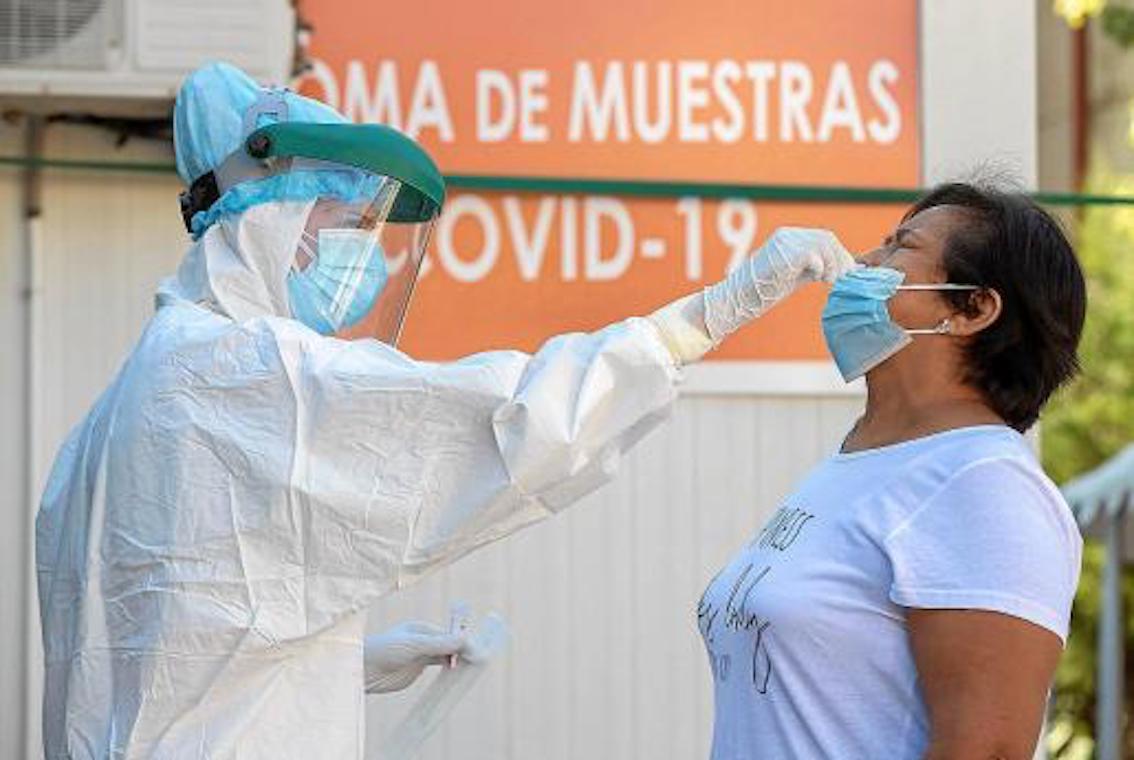The new rapid antigen test to diagnose Covid-19 has arrived in the Balearic Islands and the Ministry of Health has initiated a study of their quality and usefulness to determine when and on whom they should be used.
With the new rapid antigen tests, the results are available in less than 20 minutes, they're 5 euros cheaper than PCRs and don’t have to be administered by specialists.
But they are also less sensitive than PCRs and therefore less reliable, although preliminary studies show that they're almost as reliable as PCRs when symptoms first appear, particularly in the first 5 days.
The Ministry of Health study will involve taking samples from 700 people at health centres in Santa Ponsa and Alcudia, PAC in Inca, Son Espases Hospital and the Felanitx Residence.
The results will help to decide when the rapid antigen test should be used and on which patients.
Experts say the rapid antigen tests will be very useful at A&E, to quickly check whether a patient with symptoms has coronavirus and also in Nursing Homes for the elderly, because the result is known quickly and at the onset of the disease, but it is not clear they can detect the virus in asymptomatic people.
The rapid antigen tests are already being used in other Autonomous Communities and the first results from Madrid are very positive.
IB-Salut says it has 150,000 antigen tests in stock and around 200,000 more have been ordered, but that the new rapid antigen test will not replace PCRs which are the most reliable tests.
Protein
Although both tests are carried out using a sample from the bottom of the mouth, nose or sputum, the PCR test is used to detect the genetic material of Covid, whereas the antigen test detects a protein.
How the rapid antigen test Works
The first step is to take a sample of the patient's nasal mucosa using a swab.
The sample is then placed on a piece of cardboard the size of a credit card which contains a reagent.
After 10-15 minutes the results are revealed via a line of colour on the cardboard.


No comments
To be able to write a comment, you have to be registered and logged in
Currently there are no comments.